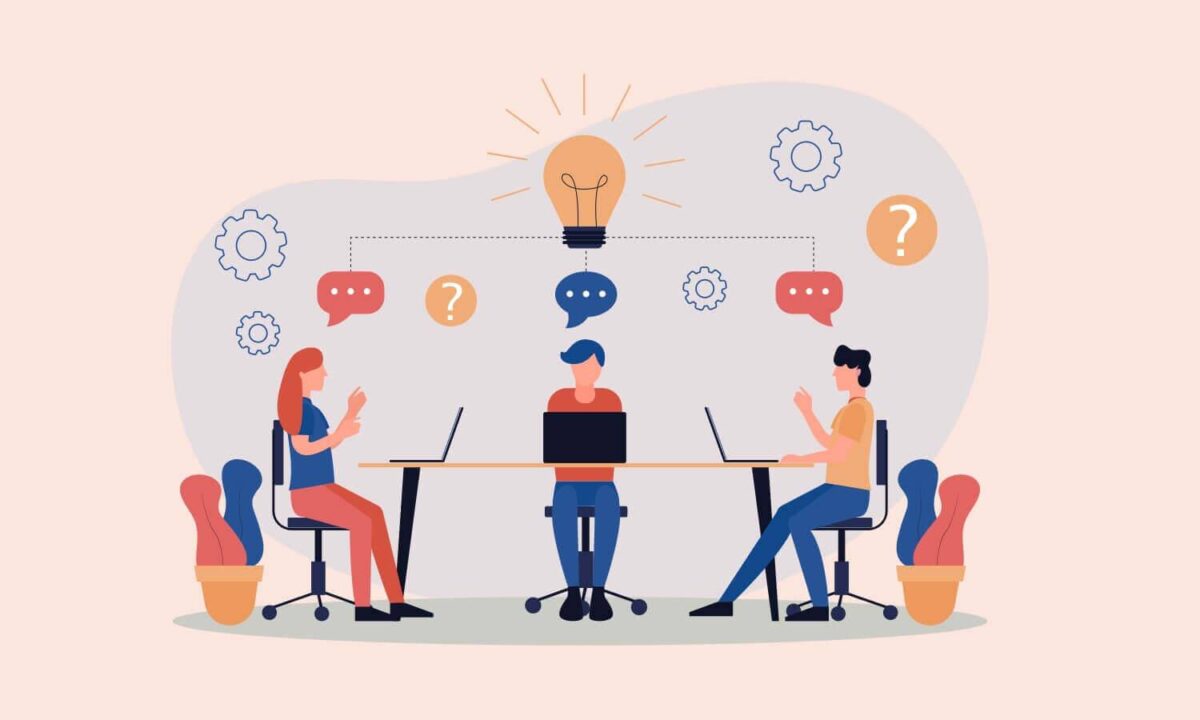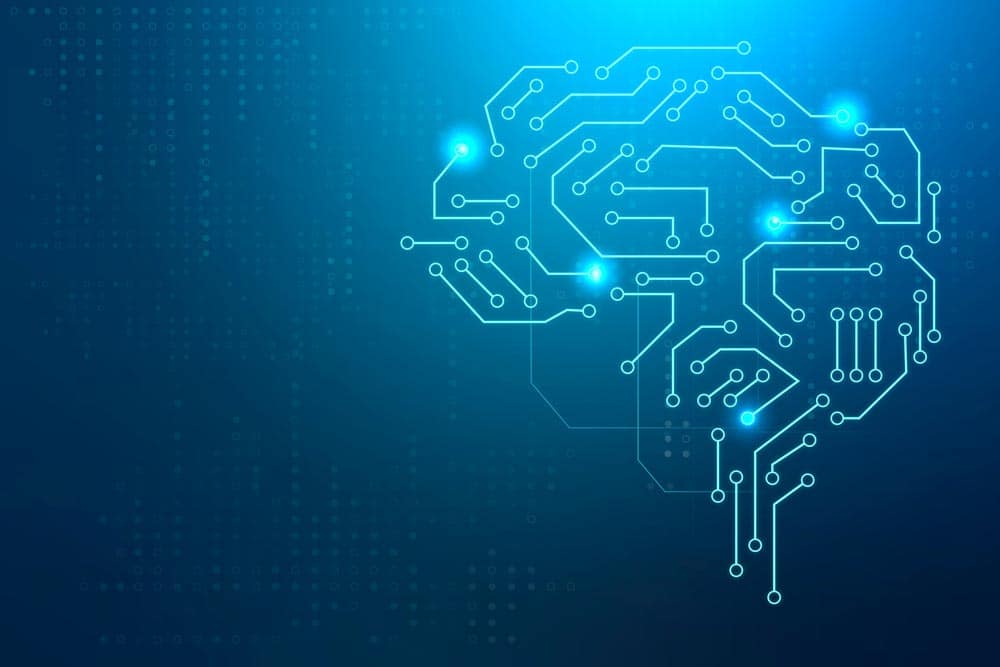Mississippi State University (MSU) is taking significant strides to prepare high school students for a future shaped by artificial intelligence (AI). Backed by a $1.2 million National Science Foundation (NSF) grant, the university is leading an innovative program that introduces AI and machine learning concepts through hands-on experiences. Over the next three years, 60 high school students and 15 computer science teachers from across Mississippi will participate in this groundbreaking initiative.
From AI Consumers to Creators
The program, led by Yan Sun, an associate professor in MSU’s Department of Industrial Technology, focuses on equipping students to become creators of AI rather than passive users. Participants will learn to develop AI-powered solutions, such as systems for image classification and intelligent vision tasks. These skills have real-world applications, from identifying diseases in medical images to enabling self-driving cars to navigate safely.
To kick off the program, students and teachers will attend a weeklong summer camp at MSU, where they’ll explore the fundamentals of AI. Activities include preparing image data, training machine learning models, and creating smart systems. Throughout the academic year, participants will collaborate with MSU undergraduate mentors to refine their projects, culminating in a summer showcase of their intelligent systems.
Tackling Bias and Ensuring AI Fairness
A key component of the program is addressing the ethical challenges of AI. Students will learn to identify biases and limitations in machine learning models, gaining the tools to build more equitable systems. By fostering awareness of these issues, MSU aims to create a new generation of AI developers who prioritize fairness and inclusivity in their work.
Reaching Underrepresented Communities
The program places special emphasis on engaging underrepresented groups in STEM, including students from rural areas, minority groups, and female students. By targeting these populations, the initiative seeks to broaden participation in technology fields and inspire more diverse perspectives in AI development.
Building Mississippi’s Future Workforce
This program aligns with Mississippi’s broader push for computer science education, following a 2021 law requiring all public schools to offer computer science courses by the 2024-25 school year. MSU’s efforts build on this momentum, equipping both students and teachers with cutting-edge skills to meet the growing demand for technology professionals in the state.
“AI is reshaping the workforce and driving economic development,” said Sun. “Our goal is to empower students with the knowledge and tools to lead in this rapidly evolving field.”
A Lasting Impact
Beyond the initial three years, the program aims to create resources for educators nationwide, including curriculum guides and teaching materials for high school AI and machine learning courses. By sharing these tools, MSU hopes to inspire similar initiatives across the country, ensuring that more students have access to transformative STEM education.
Through this ambitious project, Mississippi State University is not just preparing students for the jobs of tomorrow—it’s paving the way for a more innovative and equitable future.
Resources:
McRae, Emma. The Dispatch. “MSU researchers get $1.2M to train students, teachers in AI”. 9 November, 2024. https://cdispatch.com/news/msu-researchers-get-1-2m-to-train-students-teachers-in-ai/
News Staff. “Mississippi State to Teach Students to Build, Train AI Systems” Government Technology. 15 November, 2024. https://www.govtech.com/education/higher-ed/mississippi-state-to-teach-students-to-build-train-ai-systems
Shipp, Bethany. “MSU receives $1.2 million NSF grant to promote AI competency among high school students”. Mississippi State University. 5 November, 2024. https://www.msstate.edu/newsroom/article/2024/11/msu-receives-12-million-nsf-grant-promote-ai-competency-among-high-school
Most Recent Posts
Explore the latest innovation insights and trends with our recent blog posts.













